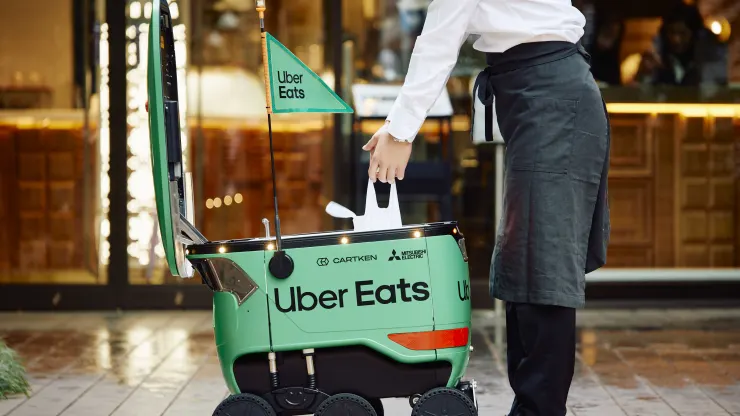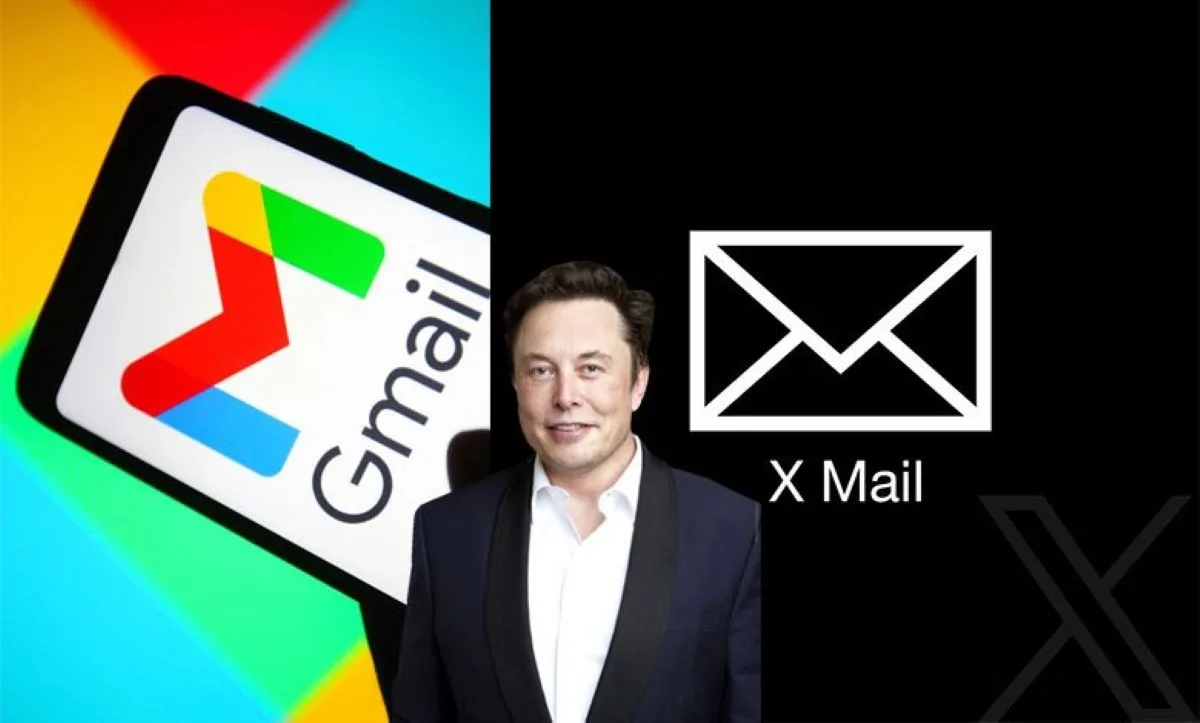Introduction
In the ever-evolving landscape of food delivery services, innovation knows no bounds. One such groundbreaking development is the introduction of robot deliveries by Uber Eats in Japan. This move marks a significant leap forward in the realm of convenience and efficiency in food delivery.
The Rise of Delivery Robots
Delivery robots have been gradually making their presence felt across various industries worldwide. From retail to healthcare, these autonomous vehicles have been deployed to streamline operations and enhance customer experiences. Now, the food delivery sector is also embracing this futuristic technology.
Uber Eats Embraces Robot Deliveries in Japan
Uber Eats, the renowned food delivery platform, has announced its foray into robot deliveries in Japan. Partnering with robotics companies, Uber Eats aims to revolutionize the way meals are delivered to customers. This initiative reflects Uber’s commitment to staying at the forefront of innovation in the competitive food delivery market.
4. How Uber Eats Robots Work
Uber Eats robots are equipped with advanced sensors and navigation systems, enabling them to navigate sidewalks and streets safely. Once an order is placed, the restaurant prepares the food, and the robot is dispatched to pick it up. Using GPS and mapping technology, the robot autonomously travels to the customer’s location, ensuring timely and efficient delivery.
Benefits of Robot Deliveries
The introduction of robot deliveries offers several advantages to both customers and businesses. For customers, it means faster delivery times and increased convenience, as they can receive their orders without having to interact with a human delivery driver. Additionally, businesses benefit from lower operating costs and improved scalability, as robots can handle multiple deliveries simultaneously.
Challenges and Concerns
While the prospect of robot deliveries is exciting, it also raises certain challenges and concerns. Safety remains a paramount issue, as robots must navigate crowded urban environments without posing risks to pedestrians or other vehicles. Additionally, there are concerns about job displacement, as the widespread adoption of delivery robots could potentially impact the livelihoods of human delivery drivers.
Conclusion
The introduction of robot deliveries by Uber Eats in Japan signifies a bold step forward in the realm of food delivery services. By harnessing the power of autonomous technology, Uber Eats aims to redefine convenience and efficiency for customers and businesses alike. While there are challenges to overcome, the potential benefits of robot deliveries are immense, paving the way for a future where meals are delivered with unprecedented speed and precision.
In conclusion, as Uber Eats pioneers robot deliveries, it sets the stage for a new era of innovation and convenience in the food delivery industry.
Check out this post: Elon Musk’s XMail: A Potential Challenger to Google’s Gmail.



